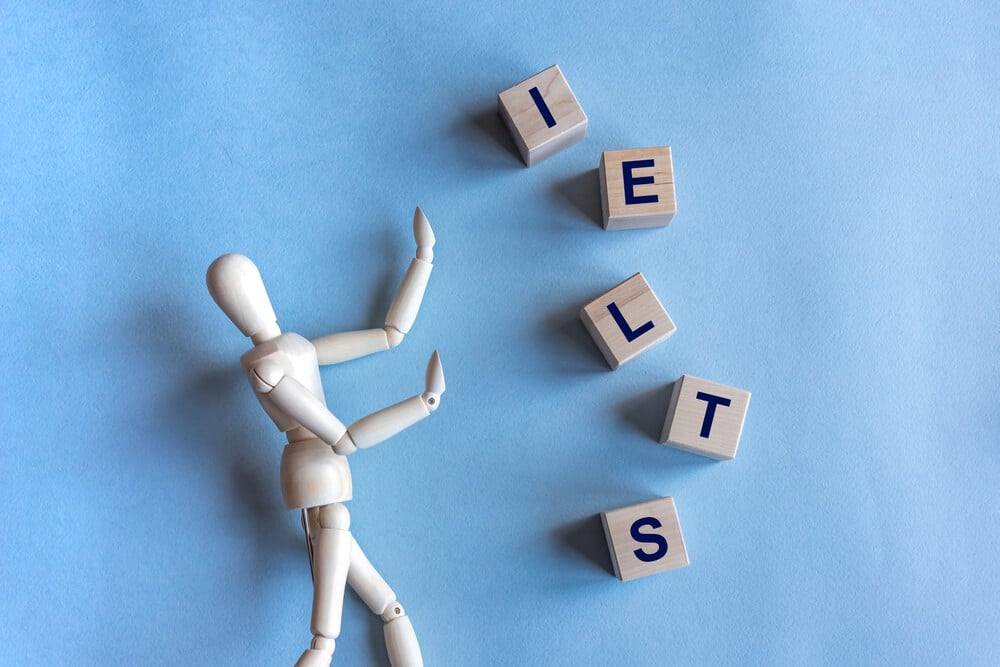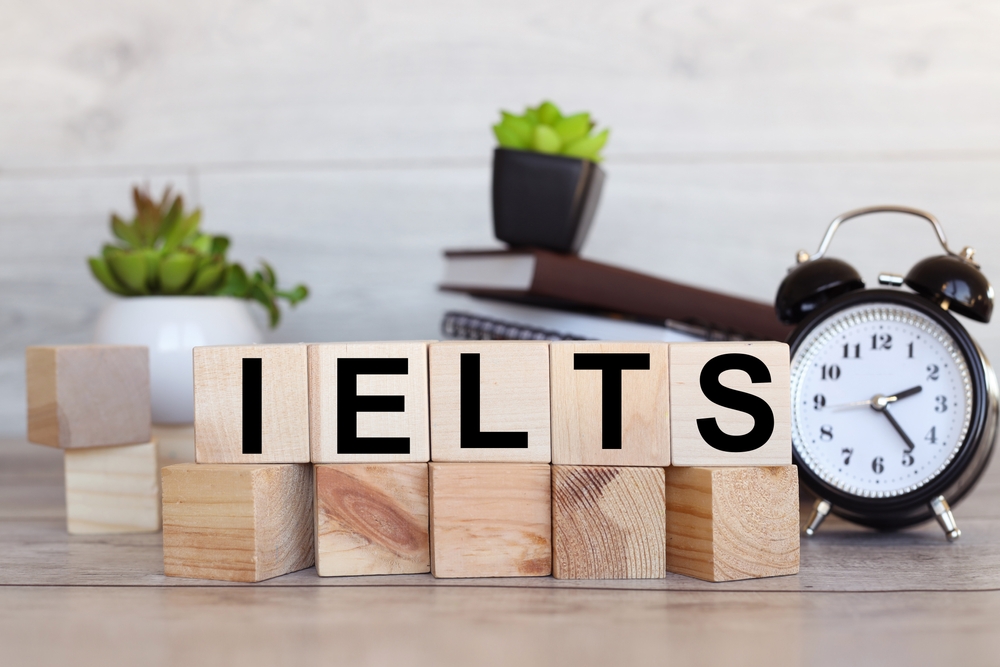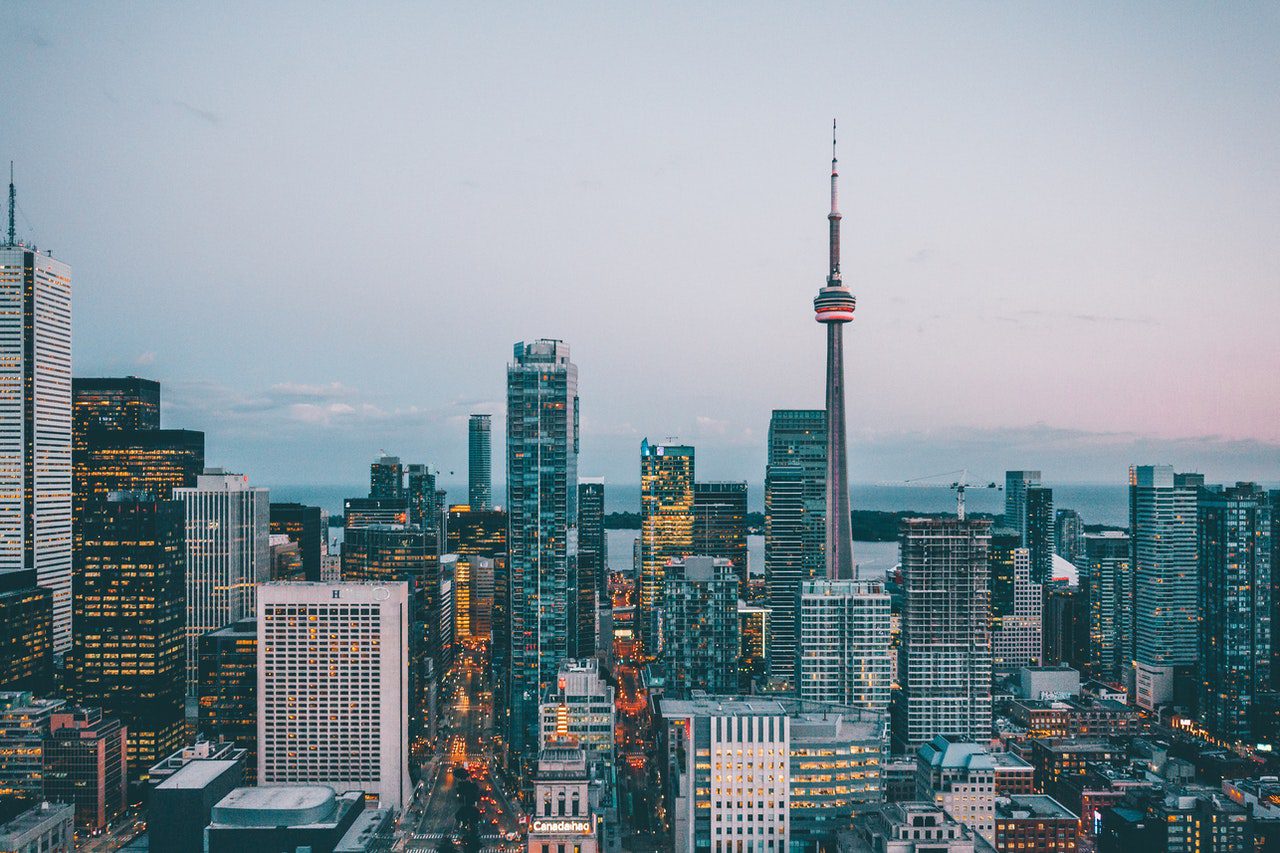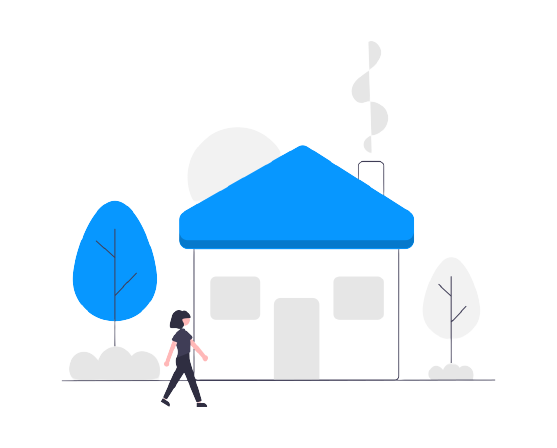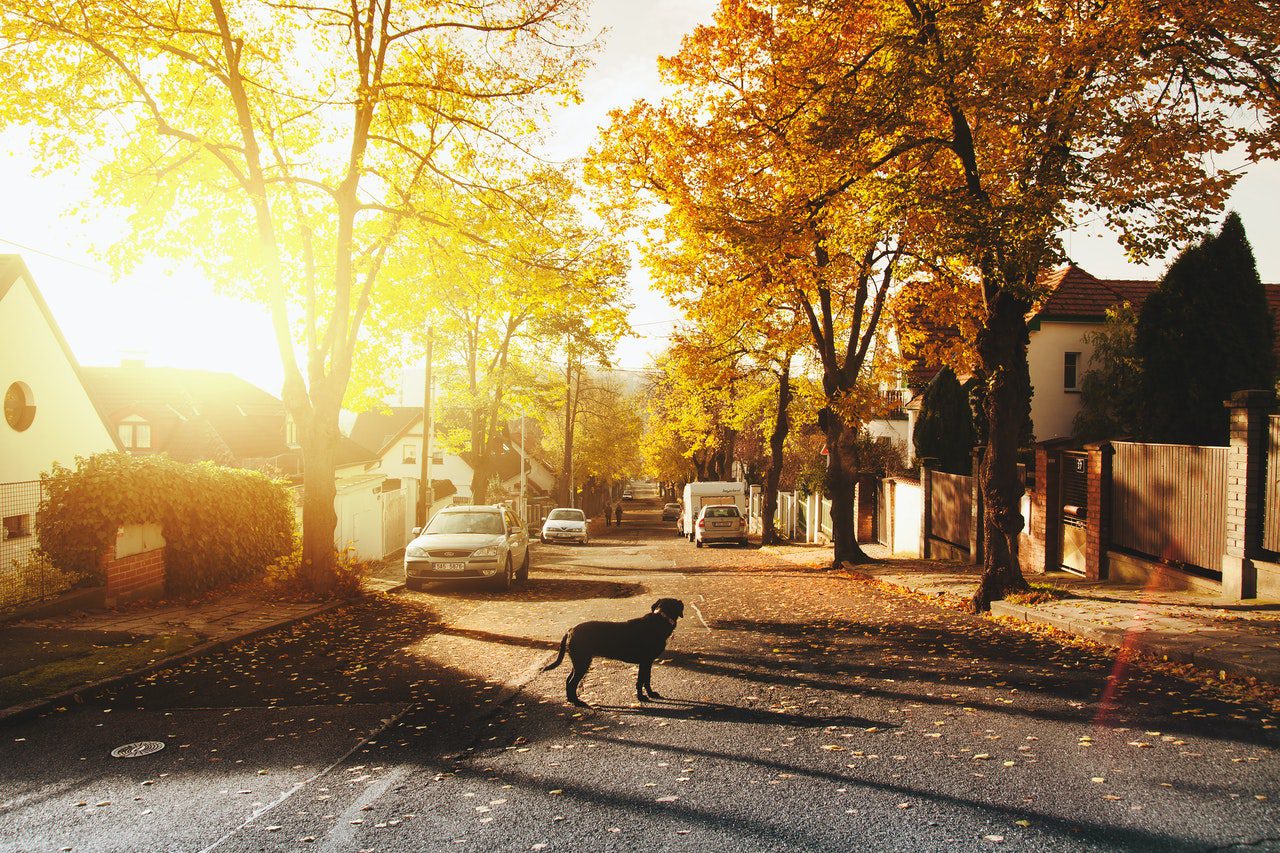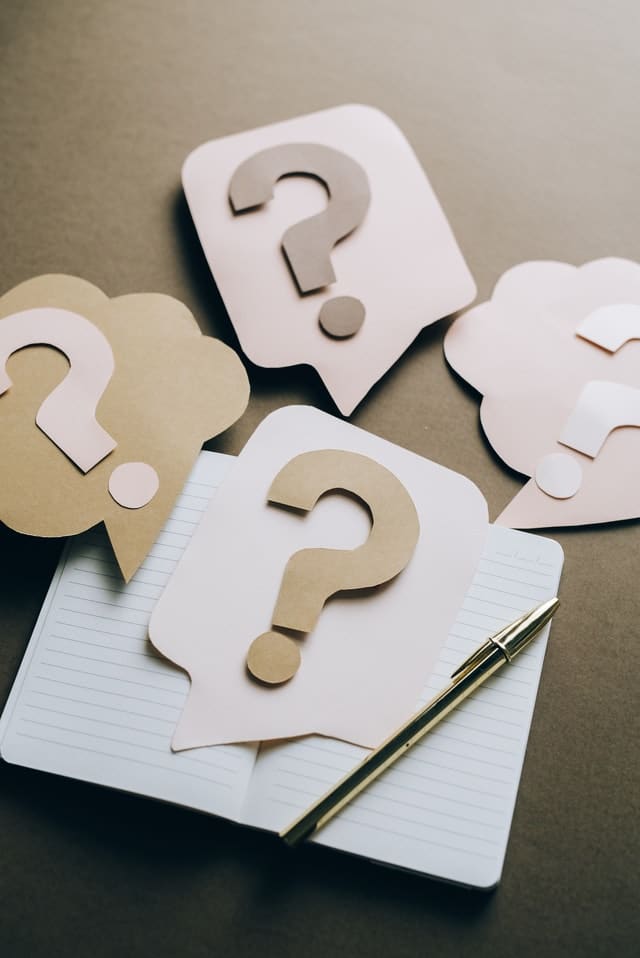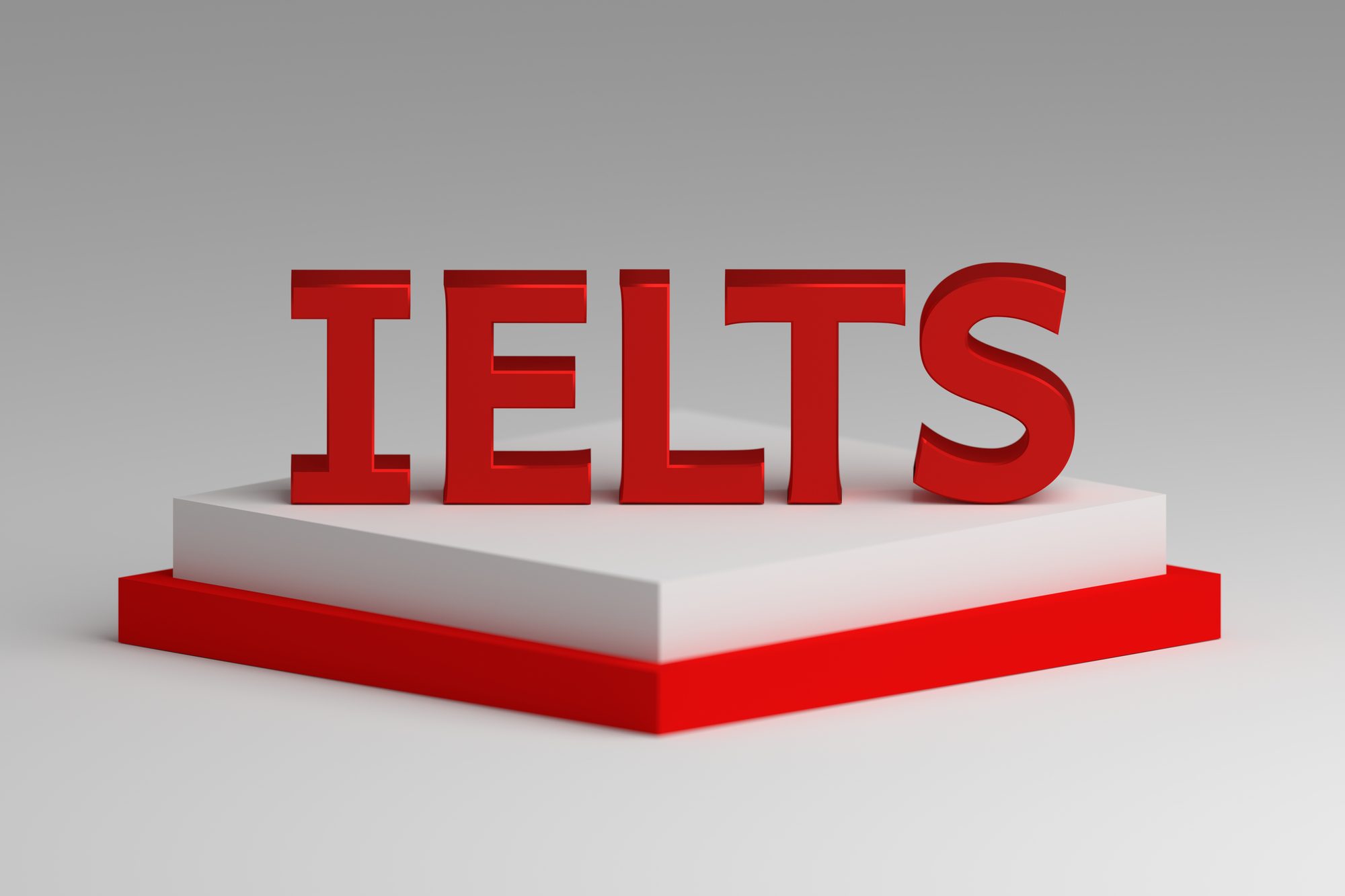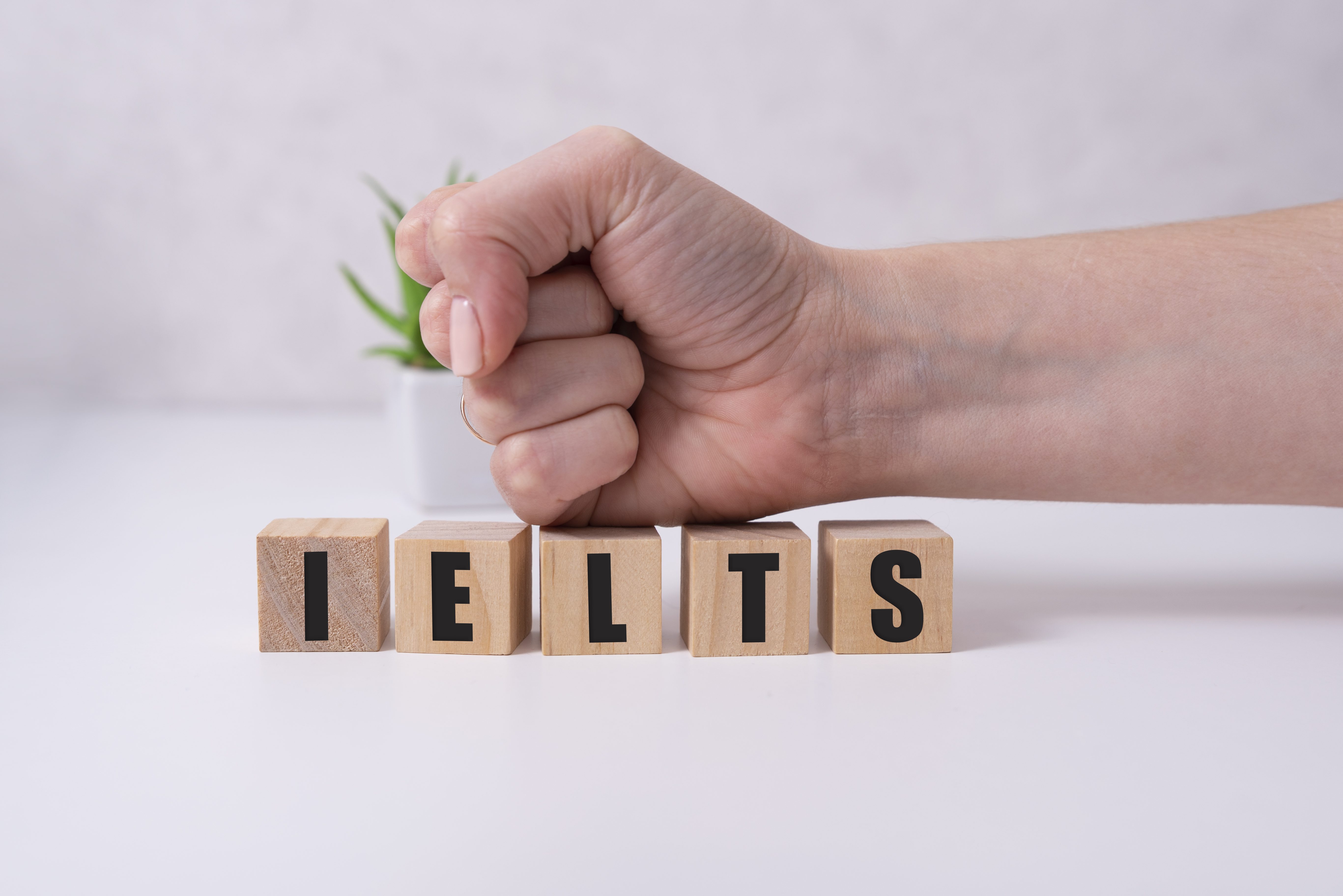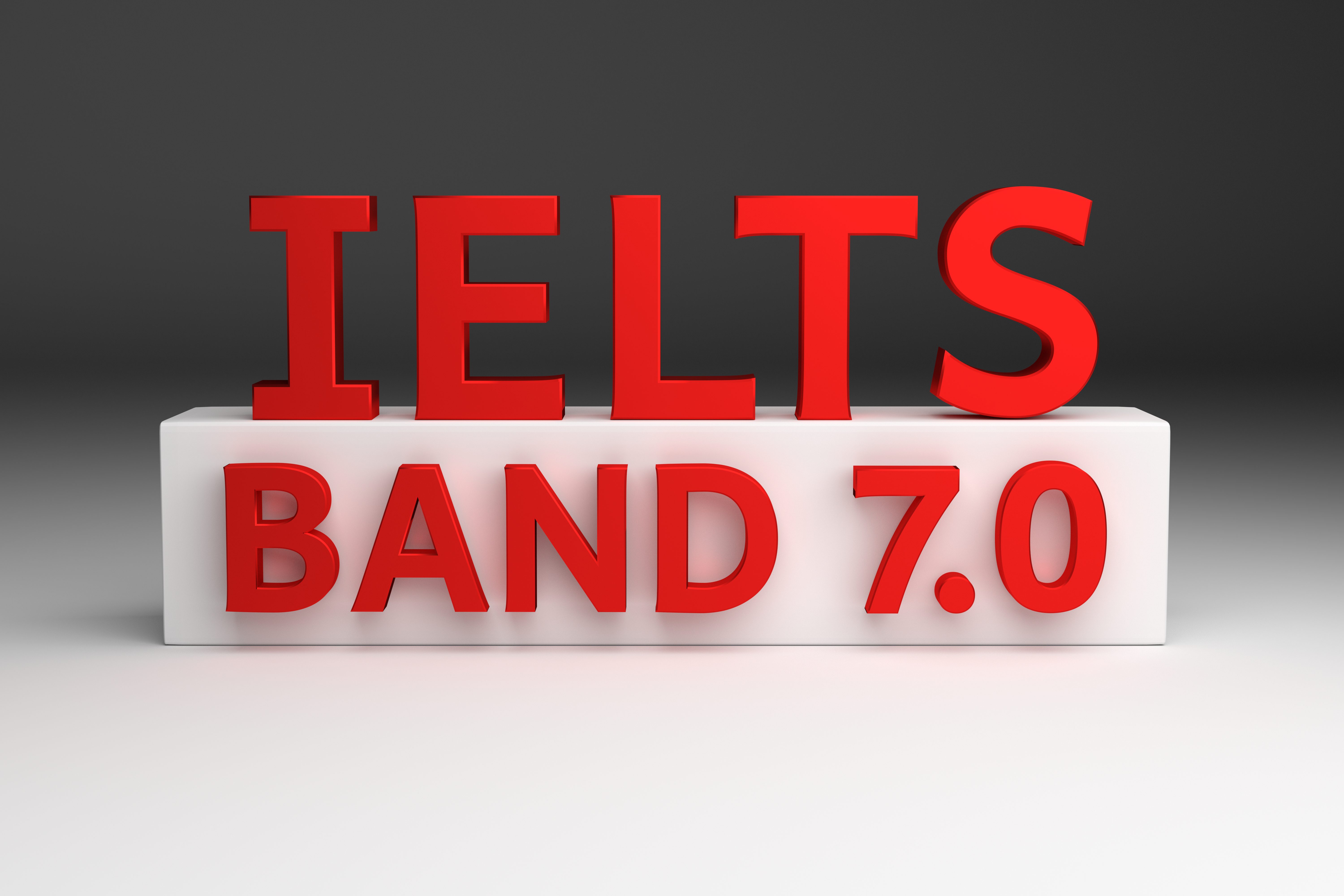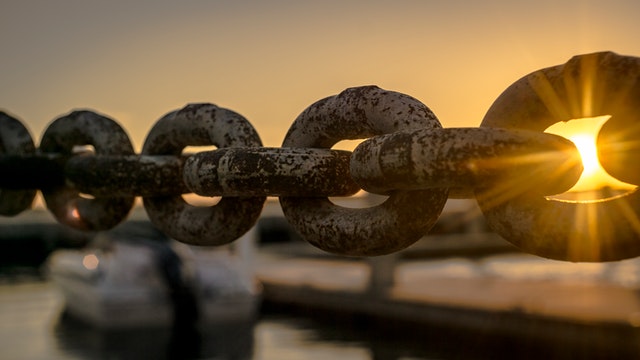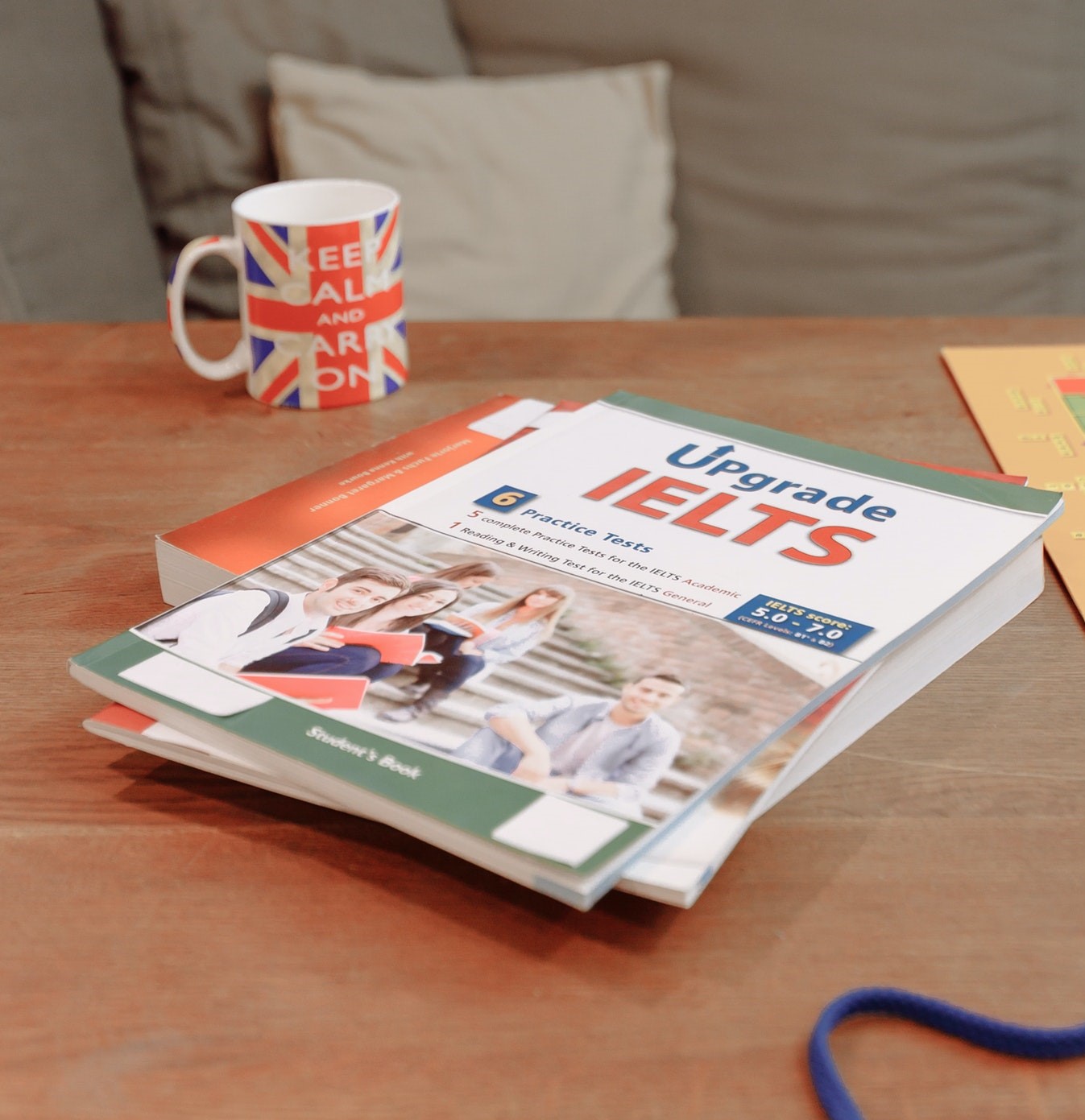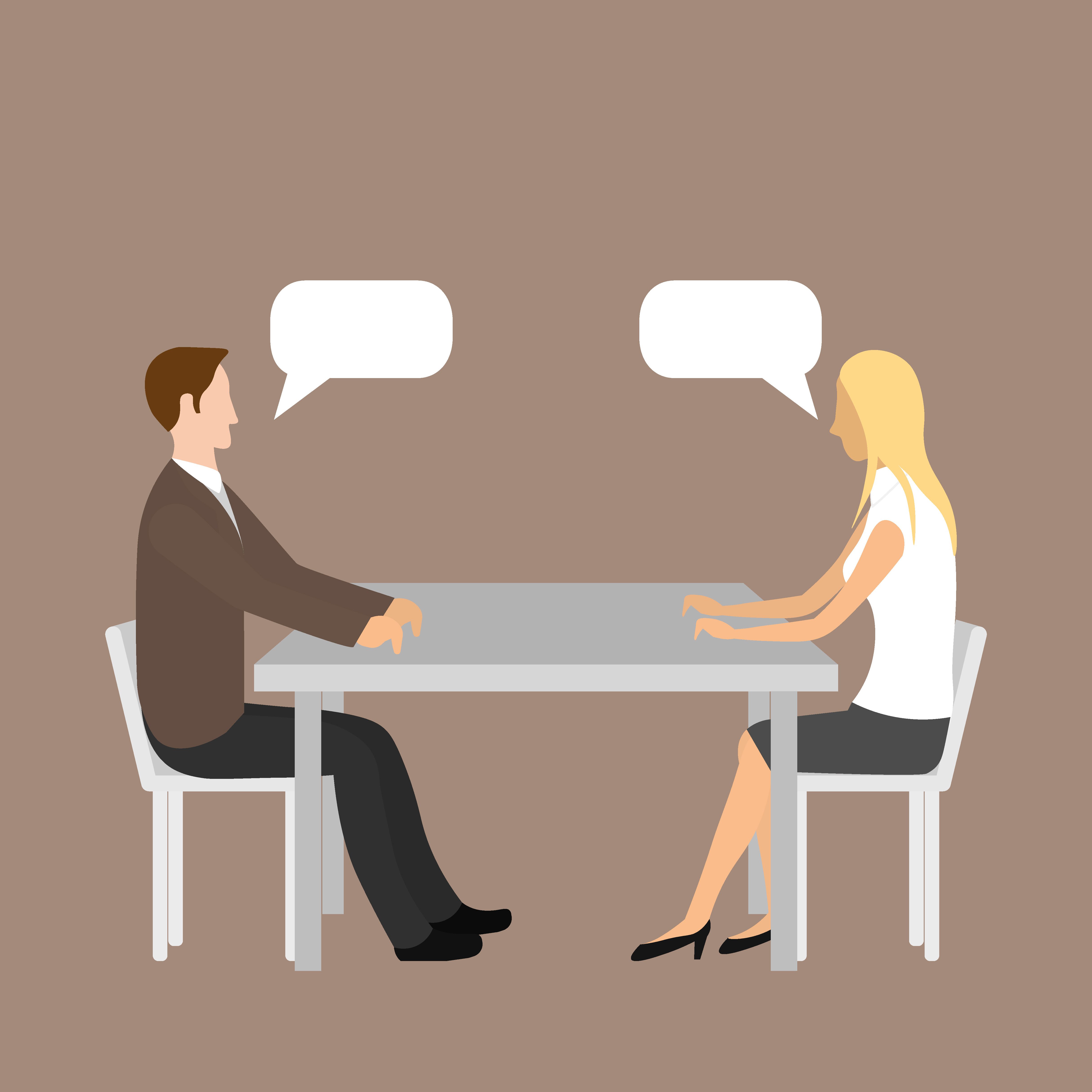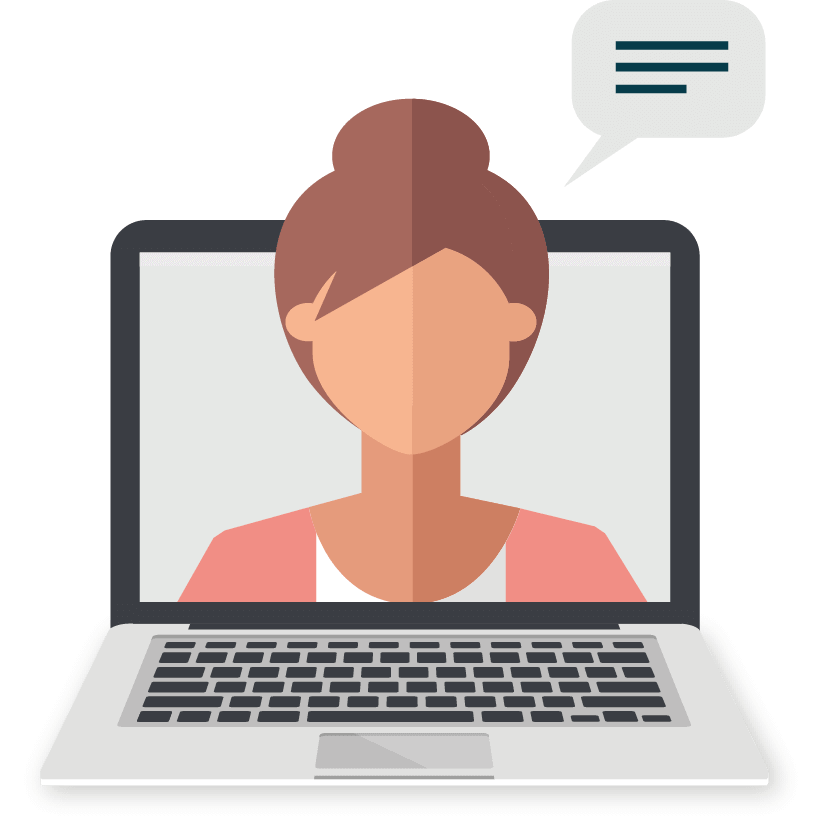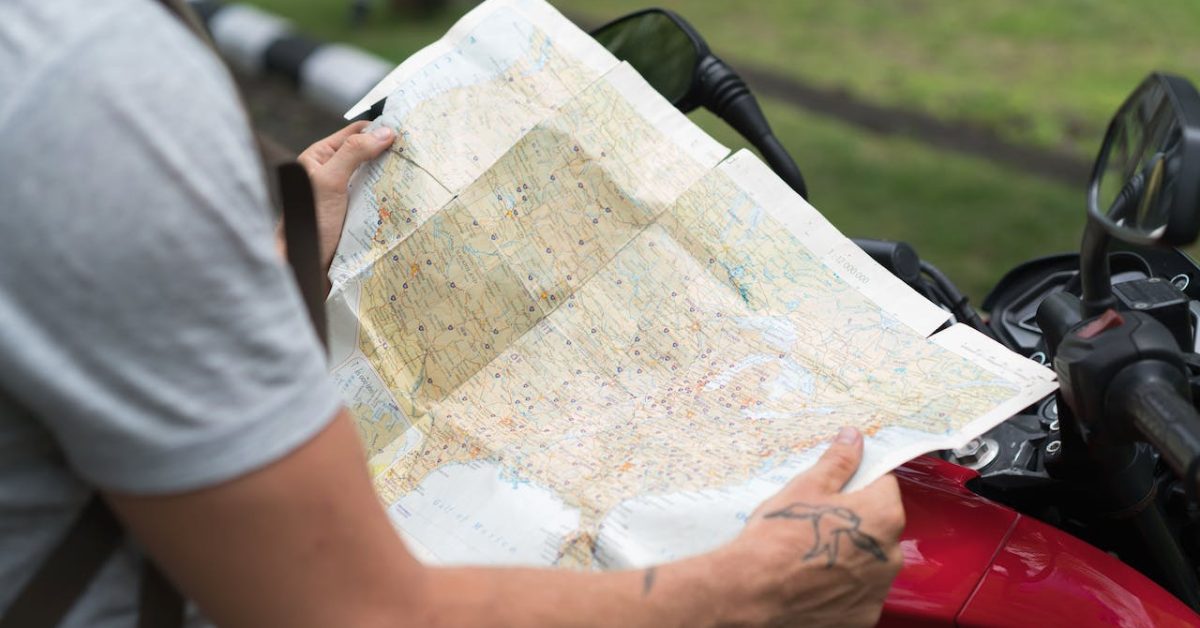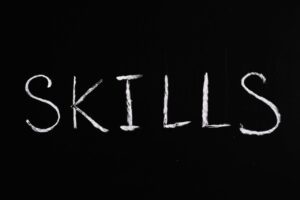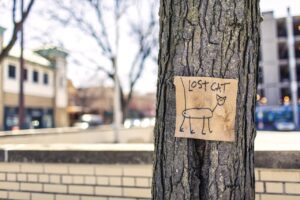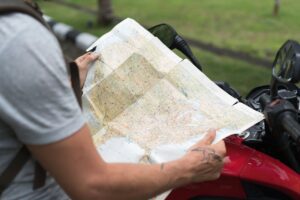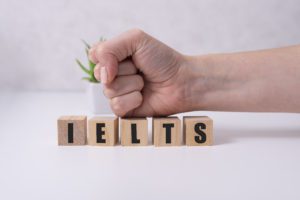Describe a time when you used a map – IELTS speaking part 2
Describe a time when you used a map (paper or electronic)
You should say:
- When and where it was
- Why you used it
- How useful was it
And explain how you felt about the experience
Example 1
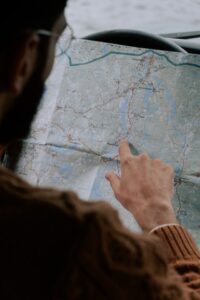 “I remember this one time when I was on a trip with my family and we got lost somewhere in the countryside. It was a really beautiful summer day and we were driving down some back roads, enjoying the amazing scenery, when suddenly we realised that we were completely lost.
“I remember this one time when I was on a trip with my family and we got lost somewhere in the countryside. It was a really beautiful summer day and we were driving down some back roads, enjoying the amazing scenery, when suddenly we realised that we were completely lost.
My dad, who usually prides himself on having a good sense of direction, was at a loss and even our GPS was not able to give us accurate directions.
That’s when I remembered that I had picked up a map from the gas station earlier that day. My dad, being stubborn as always, was hesitant to use it, but I convinced him and we finally opened up the map.
We were able to locate our current location and find a route that would take us back to where we needed to go. It was a bit tricky navigating through the map and figuring out the scale, but we managed to reach our destination.
I have to admit, it felt quite satisfying to use an old school map and successfully find our way. It also reminded me of how important it is to always be prepared and have a backup plan when technology fails us.
I was so glad we had that map with us, it definitely saved us from a major headache and possibly getting even more lost. It was also a great opportunity to brush up on my map-reading skills, which I had neglected since the invention of smartphones.
Overall, it was a memorable experience and I’ve learned to always keep a map handy, just in case.
Thank you.”
- Idioms
The idiom “a good/bad sense of direction” refers to someone’s ability (or lack thereof) to navigate and find their way.
Example: Despite getting lost in the new city, Jack has a good sense of direction and was able to find his way back to the hotel.
To be at a loss means to be confused or uncertain about something.
Example: When the teacher asked me to solve the difficult maths problem, I was at a loss and didn’t know where to start.
The phrase “old school” refers to something traditional or old-fashioned, often in a positive or nostalgic way.
Example: I prefer writing letters by hand, I’m old school like that.
A back up plan refers to an alternative plan or course of action that can be used if the original plan fails or encounters problems.
Example: It’s always wise to have a back up plan in case it rains during the outdoor event so that we can move it indoors.
To brush up on something means to review or practise something previously learned in order to refresh one’s memory or improve one’s skills.
Example: I need to brush up on my Spanish before our trip to Spain next month.
Example 2
 So, there was this one time when I travelled to _________ a big city on my own for the first time. It was overwhelming, to say the least. I’d heard of the city’s notorious traffic and confusing streets, so I knew I couldn’t rely on my sense of direction alone. That’s when my trusty electronic map came to the rescue.
So, there was this one time when I travelled to _________ a big city on my own for the first time. It was overwhelming, to say the least. I’d heard of the city’s notorious traffic and confusing streets, so I knew I couldn’t rely on my sense of direction alone. That’s when my trusty electronic map came to the rescue.
I remember,It was a sweltering hot day in the middle of summer, and I was sweating buckets as I frantically tried to find my hotel.
Armed with my map and a bottle of water, I switched on the GPS and started following the route marked on the screen. At first, I felt like a total tourist, walking around with my phone out and constantly checking the map.
As I made my way through the bustling city streets, I couldn’t help but feel grateful for the invention of electronic maps. They truly are a lifesaver.
Finally, after what felt like hours of walking, I reached my hotel, and let out a sigh of relief and thanked my map for getting me there.
I have to admit, using a map in a foreign country can be a bit nerve-wracking, especially when you’re alone and don’t speak the local language, and I would have been totally lost without my trusty smartphone.
Thank you.”
- Idioms
The idiom “to sweat buckets” means to sweat profusely or excessively.
Example: After running for an hour in the hot sun, I was sweating buckets.
The idiom “a lifesaver” is used to describe someone or something that helps or saves someone from a difficult or dangerous situation.
Example: After getting lost in the woods, the compass that I brought along was a lifesaver in helping us find our way back to camp.
The idiom “nerve-wracking” means causing great anxiety or nervousness.
Example: Giving a presentation in front of a large audience can be nerve-wracking.
Describe a time when you used a map – IELTS speaking part 3
Do you think that paper maps are still important these days?
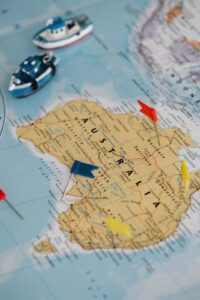 “In my opinion, paper maps are still quite relevant in today’s digital age. Although technology has made it easier to access maps on our phones or GPS devices, I think that paper maps offer a level of reliability and independence.
“In my opinion, paper maps are still quite relevant in today’s digital age. Although technology has made it easier to access maps on our phones or GPS devices, I think that paper maps offer a level of reliability and independence.
For instance, in areas with poor cell service or during emergencies when electronics may fail, a paper map can provide crucial information.
As well as that, using a paper map can help to improve our navigational skills. Overall, while electronic maps are certainly convenient,and easy to use,I believe that paper maps still serve an important purpose and should not be overlooked.”
What do people usually do when they get lost?
“Well, I guess it depends on a number of factors, but generally speaking I think that when people get lost, the first thing they usually do is panic.
They start walking around without a clear direction, hoping to stumble upon something familiar.
As well as that, some might pull out their phones and use a map app to find their way back.
Others might ask for help from strangers or call a friend or family member for guidance.
Depending on the situation, people might try to retrace their steps or look for landmarks to find their way.
In extreme cases, they might call emergency services or try to find a police officer for assistance.
All in all, getting lost can be a very stressful experience, but people often use common sense and problem-solving skills to find their way back.”
Why do you think that most people today prefer using an electronic map?
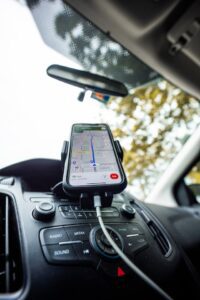 “Personally, I believe that most people today prefer using an electronic map because it’s pretty much foolproof to use, and it provides quick and accurate directions, making it easier to navigate unfamiliar places.
“Personally, I believe that most people today prefer using an electronic map because it’s pretty much foolproof to use, and it provides quick and accurate directions, making it easier to navigate unfamiliar places.
As well as that, with just a few taps on our smartphones, we can access real-time traffic updates and alternate routes, which can save us time and reduce the chances of getting lost.
On top of that, electronic maps offer various features such as the ability to search for specific locations and bookmarking our favourite places.
Another great thing about electronic maps is that they are constantly updated, unlike traditional paper maps, which may be outdated or lack necessary details. “
Can learning to read paper maps help us to know more about our country?
“Yes, absolutely, I believe that learning to read a paper map can certainly enhance our understanding of our country.
By studying a map, we can locate and familiarise ourselves with the different regions, cities, and famous landmarks of the country.
For instance, if we look at a map of Vietnam, we can see the vastness of the country and how each province is connected.
What’s more, we can also learn about geographical features such as mountains, rivers, and deserts.
Another advantage of learning to read a map can help us understand the history and culture of various regions.
Overall,I think that learning to read a paper map can deepen our knowledge and appreciation of our country’s diverse landscape and history.”
more links to IELTS speaking part 2 and part 3 topics with example answers.
Describe a time you had an interesting conversation with an elderly person
Describe a trip you were looking forward to that was delayed or postponed
Describe a time you heard someone complaining about something
Describe a public facility that has been renovated or improved
Describe a uniform you wear or have worn in school or work
Describe a successful business person you know

